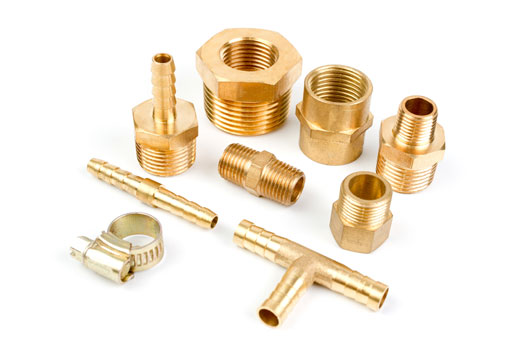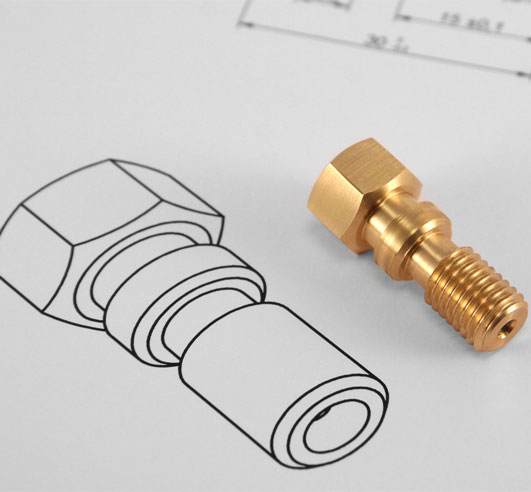As technology evolves, the need for precise, efficient, and high-quality production of parts and components has become increasingly imperative. Enter CNC Machining, a specialized technology that has revolutionized the manufacturing industry. Specifically, the parameter of focus here is one material commonly used in this process: Brass. The cost associated with CNC Machining Brass Turning Parts is influenced by a web of intricacies.
Cost Analysis: CNC Machining Brass Turning Parts
Mainly used in electrical parts, fittings, and valves, brass*s popularity for CNC turning stems from its malleability and high thermal conductivity. Now let's delve into the matrix of factors that influence the price of these valuable components.
Material Price
The cost of raw brass constitutes a major chunk of the final price of the machined part. Brass prices are susceptible to fluctuations in the global metals market. Therefore, a surge in the cost of brass directly impacts the prices of CNC machined brass turning parts.
Design Complexities
The complexity of a part*s design is another key determinant of its final cost. The more complex a design, the greater is the time and resources spent on programming the CNC machine for its production. Therefore, the price escalates with increasing intricacies in design.
Quantity
As is true for most manufacturing processes, the principle of economies of scale works here as well. Production of larger quantities usually results in reduced costs per unit, all else being equal.
Automation, Efficiency, and Costs
When discussing CNC machining processes, it*s essential to acknowledge the role automation plays. Given the advent of computer-aided design (CAD) and computer-aided manufacturing (CAM) software, automation has made CNC machining more efficient and less prone to human errors, helping the cost dynamics.
Automation Vs Manual Labor
CNC Machining requires less manual intervention, hence reducing labor costs. Furthermore, automated machines can work continuously unlike a labor workforce, making them a more cost-effective option in the long run.
Efficiency and Precision
Increased efficiency is another advantage of CNC machines. They can produce high volumes of parts at an accelerating speed, helping companies meet high demand quickly. The machines are also highly precise, reducing the risk of waste due to misplaced cuts.
The Role of Suppliers in Pricing
The choice of CNC machining service providers can also impact the price of the brass turning parts. Different providers might offer varying prices, they could have their pricing structure influenced by factors like operational costs, profit margins, geographical location, and the technology they utilize.
Quality Assurance
When choosing a supplier, it*s essential to consider their quality control process. Suppliers who follow strict quality control procedures may charge slightly higher prices, but the quality ensured is often worth the extra dollars paid.
In conclusion, the pricing of CNC machining brass turning parts is a multi-factorial equation, influenced by global market incidences, design complexities, quantity, levels of automation, efficiency, and supplier-related factors. Understanding these factors can help companies and individuals make informed decisions and optimize costs in the dynamic world of CNC machining. Each part of the puzzle contributes to unraveling the overall price structure.
While the world of CNC machining can seem complex, comprehending the underlying factors affecting prices can remove some of its mystiques and provide valuable insight for businesses. Ultimately, the vast advantages of CNC machined parts, such as precision, efficiency, quality, and speed of production, can outweigh the initial costs and prove to be a cost-effective solution in the long run.
cnc machining brass turning part price







